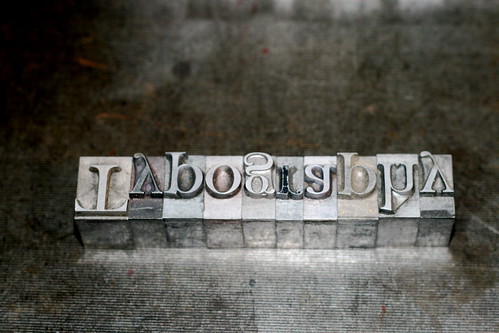Eight Thursdays, 6:00 to 8:00 p.m. (October 4 to November 22, 2012)
1200 Atwater Ave., Suite 3, Westmount
Workshop leader: Julija Šukys
Workshop fee: $155 for QWF members; $175 for non-members
For more information, or to register: 514-933-0878 or julia@qwf.org
***
“Every man has within himself the entire human condition.” – Montaigne
(And every woman too.)
A wandering, open form, the personal essay is most successful when it takes its reader on a journey of discovery. Personal essays explore everyday life, revealing larger truths in the process. As such, the best essays appear to be about one thing but are really about something entirely different. They put the writer’s “I” at centre stage, are conversational, candid, and revelatory. In a tone that ranges from comic to self-deprecating to melancholic, the personal essayist asks: What is it that I don’t know and why? What have I learned and how?
Personal essays are a strong stand-alone form, but they are also a great way to work through big questions at the heart of a memoir, autobiography or work of creative nonfiction. If you’re finding yourself stuck inside (or frozen before the blank first page of) an unruly book manuscript, and you can’t see a way through, consider joining us. A well-thought-out essay may provide you with a road map, and we may be may be able to help you come up with one.
This workshop will primarily focus on participants’ writing. We will work through your texts, and figure out how to make them better together. This workshop is an opportunity to move early drafts forward and to work through ideas. You need not have a finished text to join the workshop (a good idea will suffice), but you should be prepared to work toward producing something to share with your peers. Participants will take turns submitting a personal-essay-in-progress (or a piece of a larger work that you’d like to transform into a stand-alone personal essay) to the workshop for discussion. That text should be no shorter than 1 000 words; no longer than 5 000.
Good writers read, so in addition to workshopping, we will examine a series of exemplary personal essays by writers like Virginia Woolf, Natalia Ginzburg, and Carlos Fuentes, and identify together the techniques and devices that make them work.
Finally, we will talk about finding homes for essays. Where can we read them? Where can we publish them?
Suggested Text: The Art of the Personal Essay. Ed. Phillip Lopate.
(**This is an encyclopaedic volume of essays that will keep you coming back for years. Our readings will come from this volume, so I strongly suggest that participants purchase it in advance.)
Julija Šukys is the author of two books of literary nonfiction, Epistolophilia: Writing the Life of Ona Šimaitė (2012) and Silence is Death: The Life and Work of Tahar Djoaut. Her personal essays have appeared in The Globe and Mail, Feminist Formations, Lituanus, and elsewhere.
[Photo: antonw]










